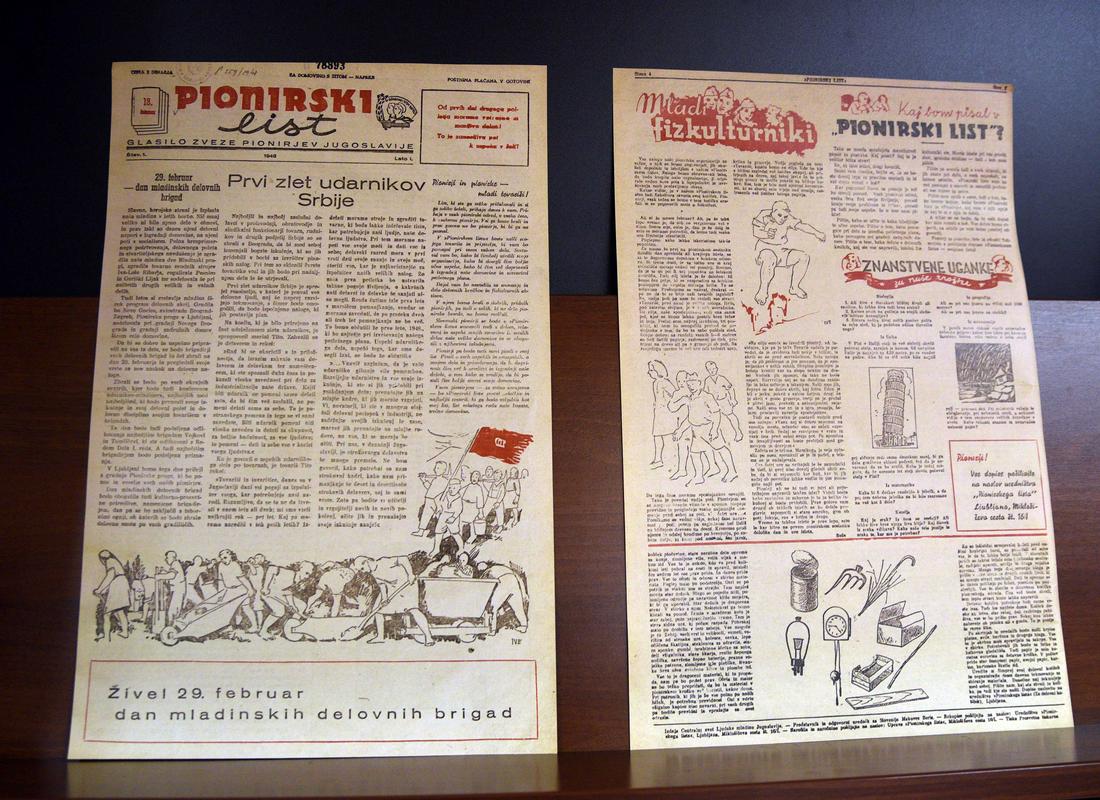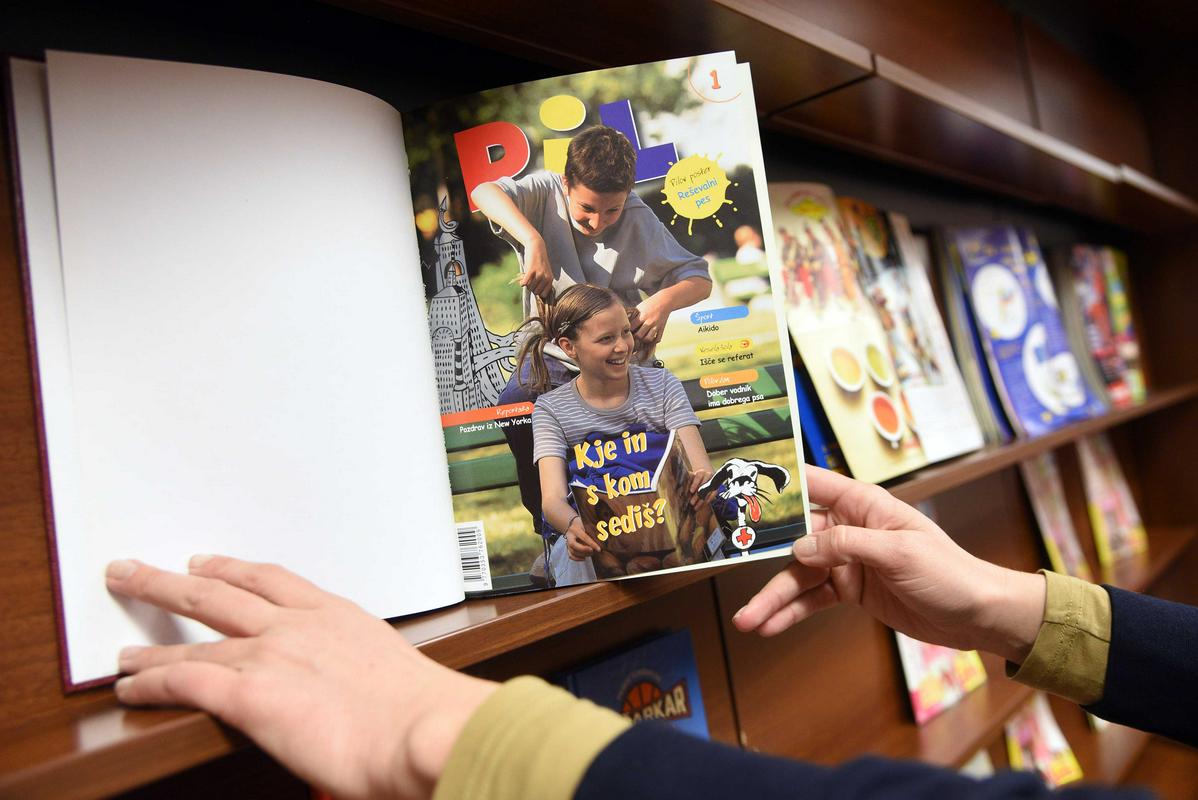
Heaps of printed pages are currently on display at Konzorcij, Ljubljana’s largest bookstore. They show the history of a legendary youth magazine that was first called Pionirski list, then Pisani list, and finally Pil. For many years, its mission has been to provide quality content for children – and to spark their curiosity in topics they didn’t even know they were interested in. Moreover, the magazine has always steered clear of trivial issues.
The first issue of the magazine was released in February 1948. The magazine’s birthday party was held in Ljubljana, and it was attended by the editors and journalists who shaped the magazine and its history.
Trailblazers in a number of areas
"Pil was my window into the world. It was a time before the internet, Facebook, and Instagram,” said Primož Suhadolčan, a famous children’s author who now writes for the magazine. "I won the Funky School competition a number of times: I won the national championship three times and the municipal championship four times. I was a very curious child; we had books, encyclopaedia, and compendia at home, and that helped me become a very successful competitor," he said with a smirk.
The Funky School educational programme has been around for almost 50 years, and its goal has been to teach children about the world they live in. In its heyday, 92,000 school children participated in the program. The competition was held at five levels: class level, school level, municipal level, regional level, and national level. For 17 straight years, those who made it to the national competition were invited to an after-party at Ljubljana’s Cankarjev dom arts centre.
The magazine was a trailblazer in a number of areas, including sex education. It was an uphill battle, though, as the editors were slammed by teachers, parents, and headmasters, and they were also interrogated by the Education Ministry and the National Education Institute. They caught a lot of flak, but the readers loved the articles, so the editorial board decided it was worth the trouble – to the benefit of many generations.


































































